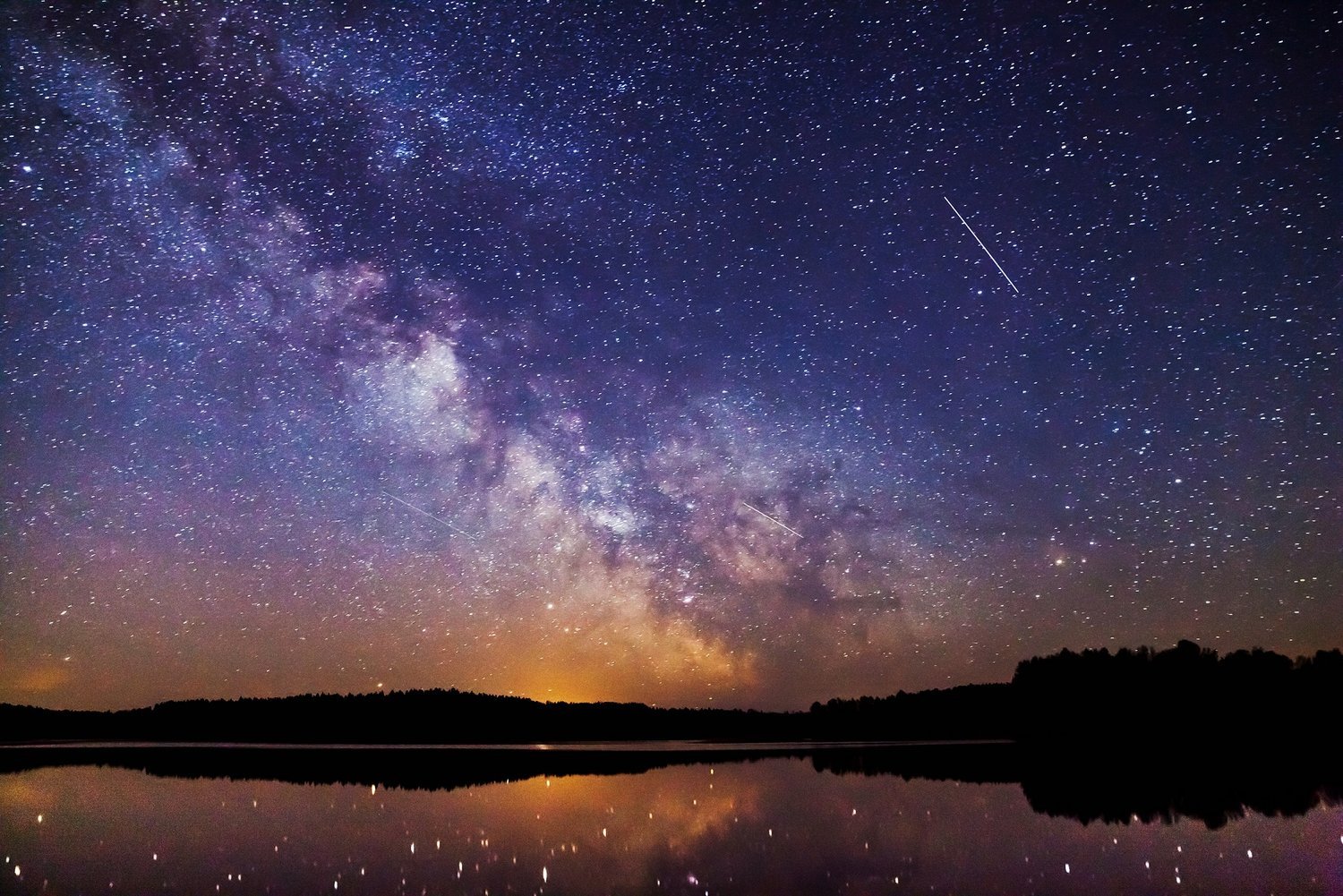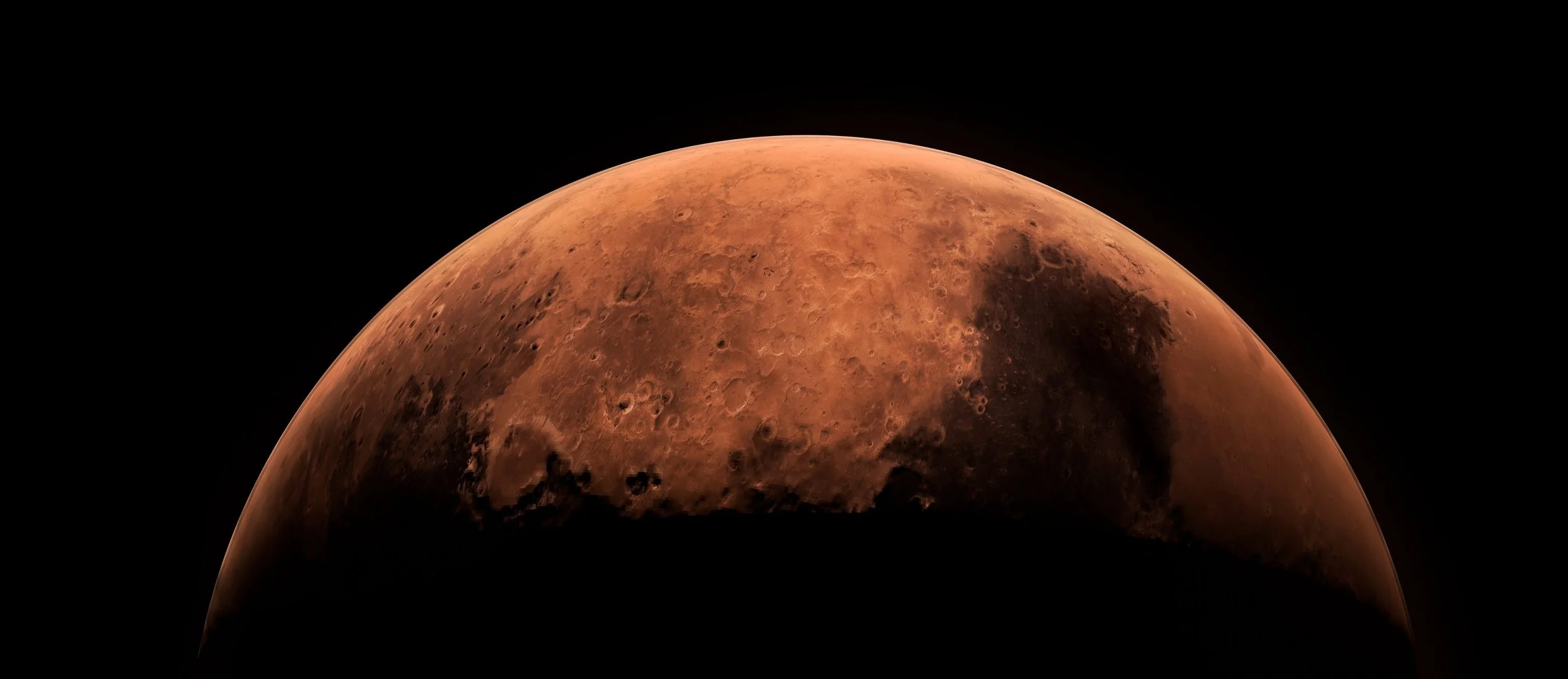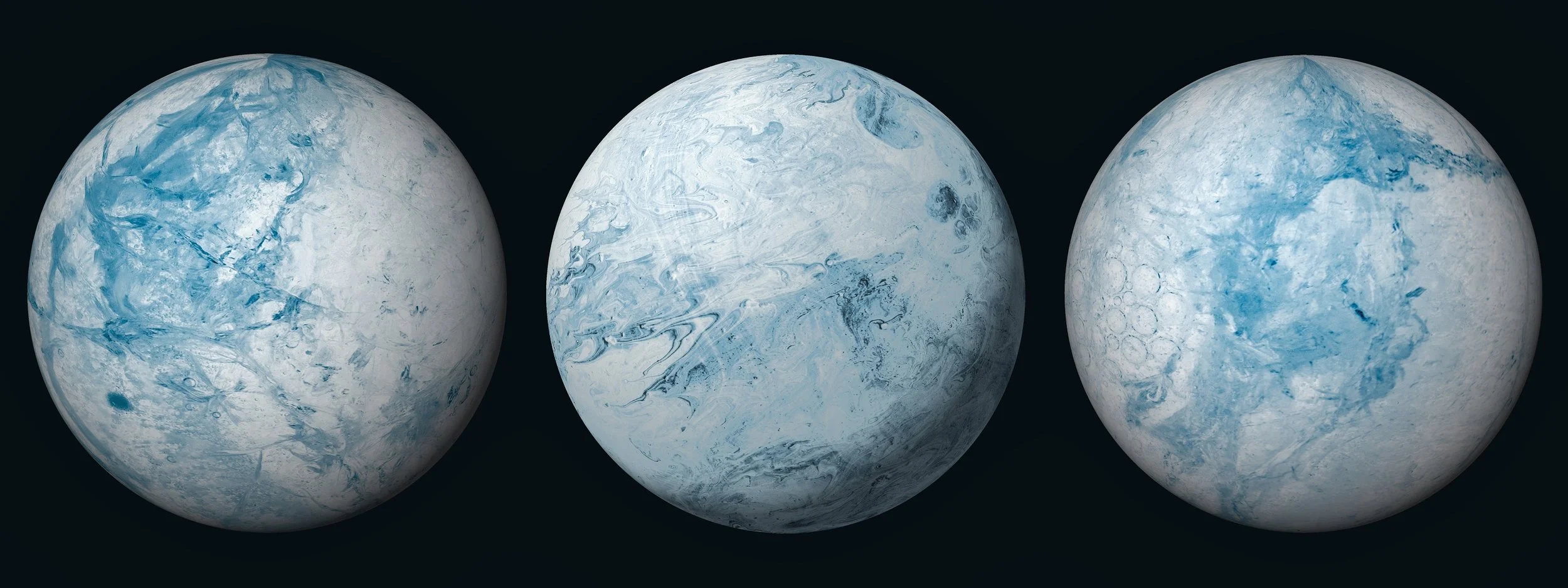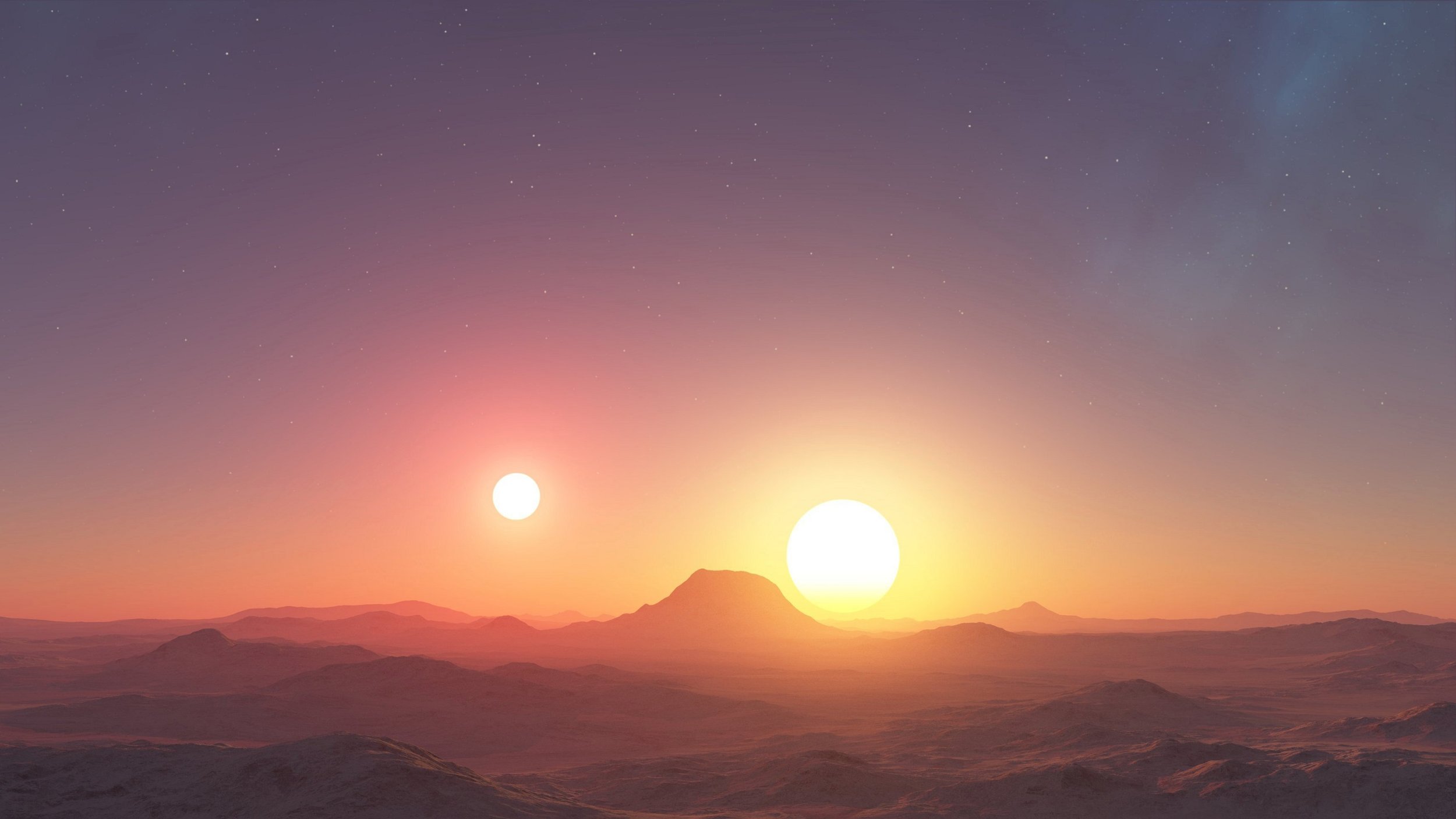In one of the most fascinating discoveries in recent times, scientists have observed the genesis of rare chemical elements in the afterglow of the second-brightest gamma-ray explosion ever seen in the universe.
How do astronomers know the age of the planets and stars?
For the First Time Ever Astronomers Witnessed The Spectacular Aftermath of Planetary Clash
In a recent cosmic event that sounds more like science fiction than reality, astronomers reported the sighting of two ice giant exoplanets (planets outside our solar system) crashing into each other around a star similar to our sun. The result? A spectacular flare of light and billowing plumes of dust, like a celestial fireworks show.
Has there been Life on Mars? With the Help of AI, Answers May be Closer than Ever!
Martian mystery: scientists discovered that Mars' rotation is accelerating
Is There Life Out There? Number of Exoplanets With Liquid Water Vastly Underestimated
How big is the universe?
All-Female Astronaut Crews: A More Efficient Solution for Mars Exploration?
Astronomers discovered a second 'Tatooine-like' Exoplanetary System
A Universe of Possibility: Astronomers Find that Dwarf Stars May Host Millions of Habitable Worlds
Earth and Venus are no longer the only known volcanic planets!
In the vastness of the cosmos, a unique Earth-sized planet named LP 791-18d has captured the attention of astronomers. Distinguished by its relentless volcanic activity and a stark contrast between its perpetually light and dark hemispheres, this fascinating celestial body opens new avenues of research.












